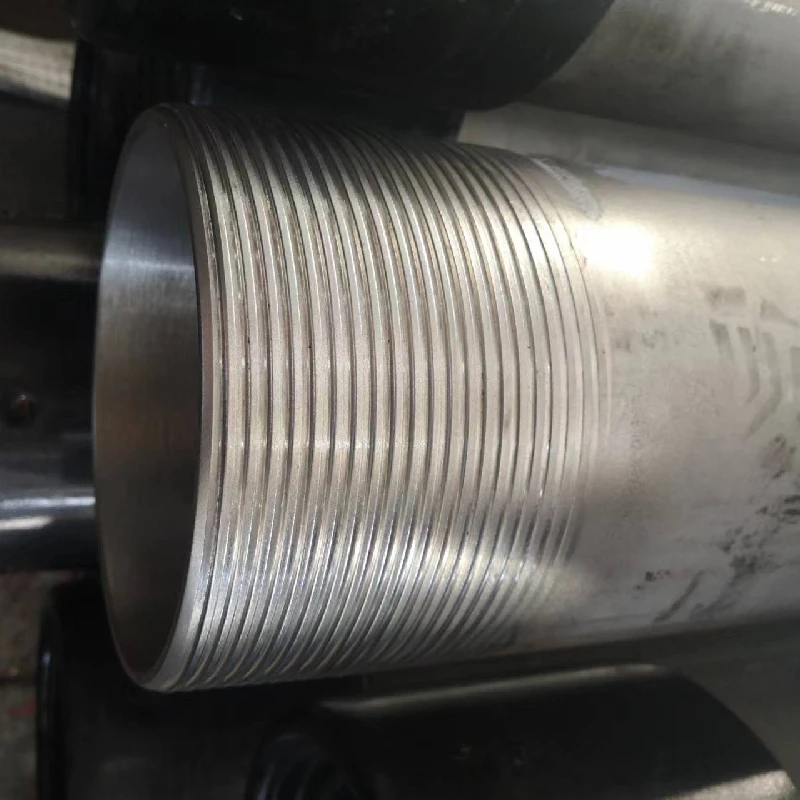- Afrikaans
- Albanian
- Amharic
- Arabic
- Armenian
- Azerbaijani
- Basque
- Belarusian
- Bengali
- Bosnian
- Bulgarian
- Catalan
- Cebuano
- Corsican
- Croatian
- Czech
- Danish
- Dutch
- English
- Esperanto
- Estonian
- Finnish
- French
- Frisian
- Galician
- Georgian
- German
- Greek
- Gujarati
- Haitian Creole
- hausa
- hawaiian
- Hebrew
- Hindi
- Miao
- Hungarian
- Icelandic
- igbo
- Indonesian
- irish
- Italian
- Japanese
- Javanese
- Kannada
- kazakh
- Khmer
- Rwandese
- Korean
- Kurdish
- Kyrgyz
- Lao
- Latin
- Latvian
- Lithuanian
- Luxembourgish
- Macedonian
- Malgashi
- Malay
- Malayalam
- Maltese
- Maori
- Marathi
- Mongolian
- Myanmar
- Nepali
- Norwegian
- Norwegian
- Occitan
- Pashto
- Persian
- Polish
- Portuguese
- Punjabi
- Romanian
- Russian
- Samoan
- Scottish Gaelic
- Serbian
- Sesotho
- Shona
- Sindhi
- Sinhala
- Slovak
- Slovenian
- Somali
- Spanish
- Sundanese
- Swahili
- Swedish
- Tagalog
- Tajik
- Tamil
- Tatar
- Telugu
- Thai
- Turkish
- Turkmen
- Ukrainian
- Urdu
- Uighur
- Uzbek
- Vietnamese
- Welsh
- Bantu
- Yiddish
- Yoruba
- Zulu
china casing coupling
Understanding China’s Casing Coupling Market
Casing coupling is a vital component in the oil and gas industry, particularly in the drilling and completion phases. It serves as a connection point for casing pipes, which are used to maintain the stability of the borehole and prevent the collapse of the well. In recent years, China has emerged as a key player in the global casing coupling market, driven by its increasing energy demands and expanding oil and gas exploration activities.
The Importance of Casing Couplings
Casing couplings are essential for ensuring the integrity and safety of oil and gas wells. They are designed to withstand high pressures and temperatures, providing a reliable junction between casing sections. This is crucial during the drilling process, where drilling fluids and other forces exert considerable pressure on the wellbore. The failure of a casing coupling can lead to catastrophic consequences, including well control issues and environmental disasters.
China’s Role in the Casing Coupling Industry
China's rise in the casing coupling market can be attributed to several factors. First, the country is the largest energy consumer in the world, necessitating significant investments in oil and gas exploration and production. The growing number of drilling operations has led to an increased demand for high-quality casing couplings that can meet international standards.
Moreover, China has developed a robust manufacturing sector capable of producing a wide range of casing couplings. Local manufacturers are increasingly adopting advanced technologies and materials to enhance the performance of their products. The continuous improvement in manufacturing capabilities has allowed China to not only meet domestic demand but also to export casing couplings to various international markets.
Quality and Standards
Quality assurance is a critical consideration in the production of casing couplings. The oil and gas industry requires products that adhere to stringent international standards, such as API (American Petroleum Institute) specifications. Many Chinese manufacturers have obtained API certification, which has enabled them to compete globally. By adhering to these standards, Chinese companies can ensure that their products are reliable and meet the expectations of international clients.
china casing coupling

In addition, the rising emphasis on sustainability and safety in the energy sector has prompted Chinese manufacturers to invest in research and development aimed at creating innovative and environmentally friendly solutions. This approach not only meets the current market demands but also positions Chinese companies to cater to future industry trends.
Competitive Pricing
Another advantage that China holds in the casing coupling market is competitive pricing. Due to lower labor and production costs, Chinese manufacturers can offer their products at more attractive prices compared to their counterparts in Europe and North America. This pricing advantage has made Chinese casing couplings popular among drilling companies looking to reduce operational costs without compromising on quality.
Challenges Ahead
Despite its strengths, China’s casing coupling industry faces several challenges. One major issue is the fluctuation of raw material prices, which can impact production costs. Additionally, global market dynamics and trade relations may pose risks to the export of casing couplings. To mitigate these challenges, it is crucial for Chinese manufacturers to remain agile and adapt to changing market conditions.
Moreover, enhancing brand awareness and establishing a reputation for high-quality products are essential for Chinese companies to pursue opportunities in more competitive markets.
Conclusion
In conclusion, China has established itself as a formidable force in the casing coupling market, driven by its vast energy needs and robust manufacturing capabilities. As the global oil and gas industry continues to evolve, China's ability to produce high-quality, competitively priced casing couplings will be instrumental in shaping the future of the sector. Continued innovation and adherence to international standards will remain key in maintaining China's position in the global marketplace. The journey ahead is not without its challenges, but with strategic initiatives and a focus on quality, Chinese manufacturers are well-positioned to thrive in this critical component of the energy industry.
-
Tubing Pup Joints: Essential Components for Oil and Gas OperationsNewsJul.10,2025
-
Pup Joints: Essential Components for Reliable Drilling OperationsNewsJul.10,2025
-
Pipe Couplings: Connecting Your World EfficientlyNewsJul.10,2025
-
Mastering Oilfield Operations with Quality Tubing and CasingNewsJul.10,2025
-
High-Quality Casing Couplings for Every NeedNewsJul.10,2025
-
Boost Your Drilling Efficiency with Premium Crossover Tools & Seating NipplesNewsJul.10,2025







